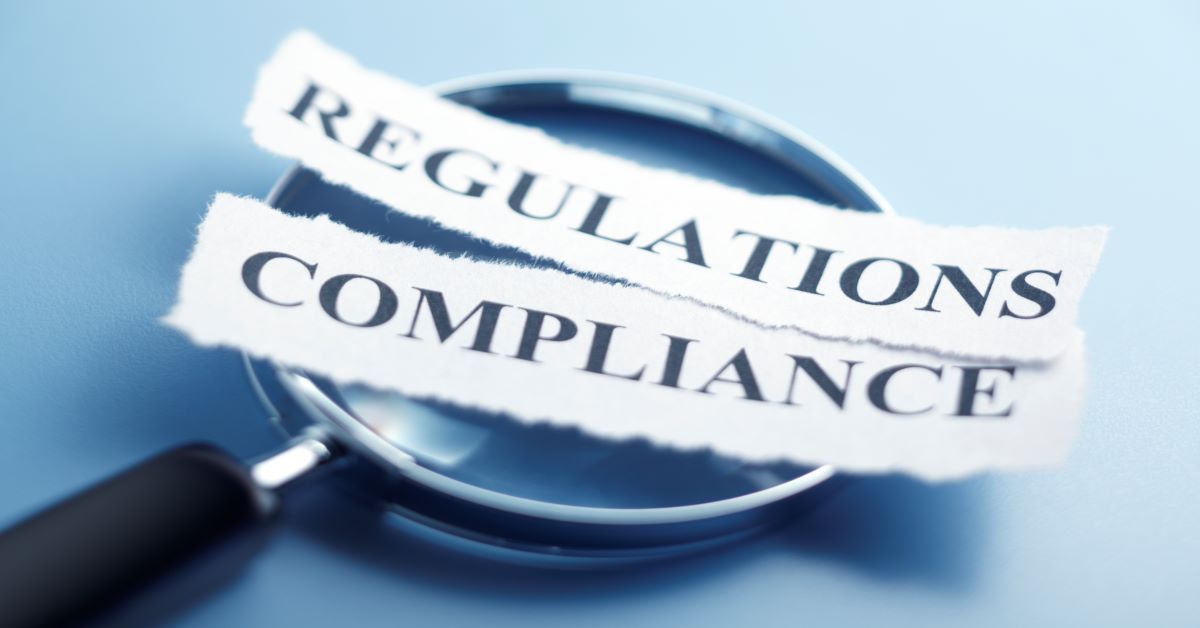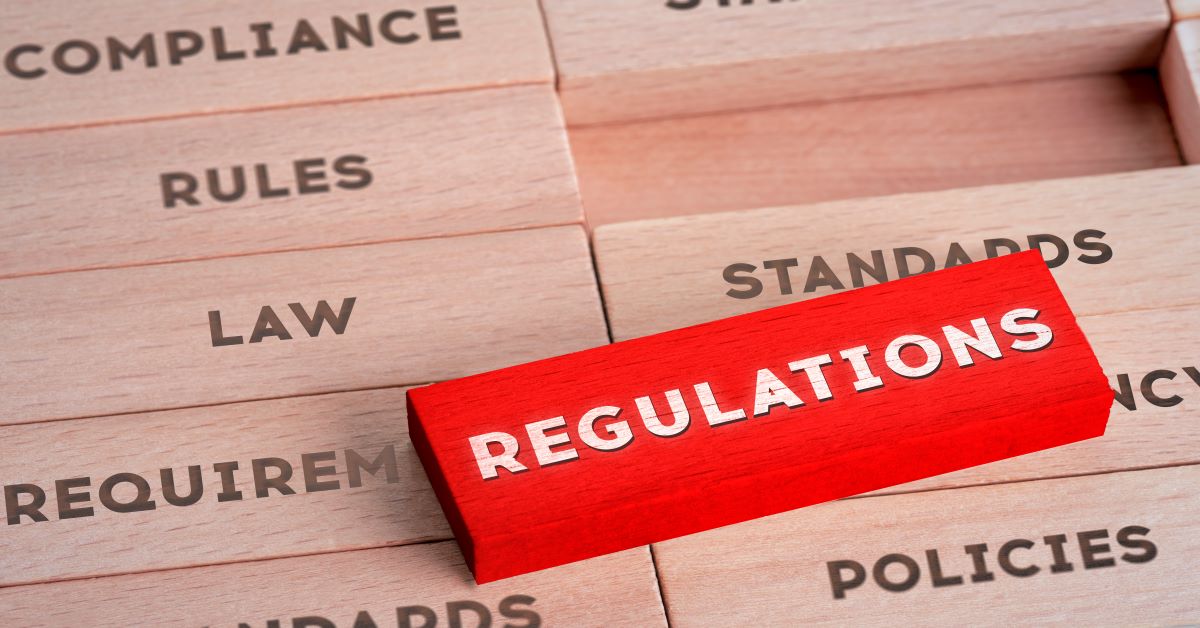Alora & Sandata Announce Partnership to Offer Homecare Agencies Electronic Visit Verification (EVV)
EVV Mandates on the Rise Nationwide
 Sandata Technologies, one of the nation's leading providers of home care solutions designed to simplify the process of managing services for government agencies, Managed Care Organizations, and other home care providers, issued a national press release showcasing the recent team up with Alora to address the need for effective electronic visit verification solutions. While Alora Home Health Software has specialized in simple to use solutions for the home care industry since 2005, their development over the last few years of powerful tools for homecare agencies to verifiy visits including integrated EVV,
Sandata Technologies, one of the nation's leading providers of home care solutions designed to simplify the process of managing services for government agencies, Managed Care Organizations, and other home care providers, issued a national press release showcasing the recent team up with Alora to address the need for effective electronic visit verification solutions. While Alora Home Health Software has specialized in simple to use solutions for the home care industry since 2005, their development over the last few years of powerful tools for homecare agencies to verifiy visits including integrated EVV,
Telephony, & AideConnect, places the company at the forefront of providers who focus on compliance paired with homecare technology.
As stated in the press release, their integration with Alora allows agencies using the Alora Home Health Software to maximize the benefits of Sandata's state-sponsored EVV solution, while ensuring compliance with the 21st Century Cures Act EVV mandate.
Read the full press release below.




 Sandata Technologies, one of the nation's leading providers of home care solutions designed to simplify the process of managing services for government agencies, Managed Care Organizations, and other home care providers, issued a national press release showcasing the recent team up with Alora to address the need for effective electronic visit verification solutions. While Alora Home Health Software has specialized in simple to use solutions for the home care industry since 2005, their development over the last few years of powerful tools for homecare agencies to verifiy visits including integrated
Sandata Technologies, one of the nation's leading providers of home care solutions designed to simplify the process of managing services for government agencies, Managed Care Organizations, and other home care providers, issued a national press release showcasing the recent team up with Alora to address the need for effective electronic visit verification solutions. While Alora Home Health Software has specialized in simple to use solutions for the home care industry since 2005, their development over the last few years of powerful tools for homecare agencies to verifiy visits including integrated 




